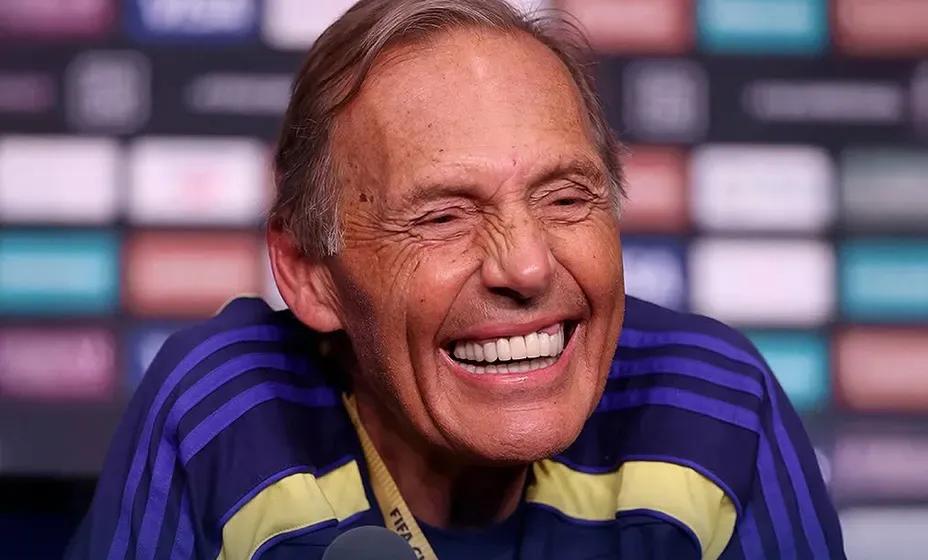Miguel Russo during the FIFA Club World Cup
Argentine football bids farewell to one of its great figures. Miguel Ángel Russo, the iconic coach who marked an era in Boca Juniors and other clubs on the continent, passed away on October 8 at the age of 69 in his home in the Federal Capital, after a prolonged battle with prostate and bladder cancer diagnosed in 2017. His departure has generated a wave of tributes on social media, in the media, and on the fields, where he is remembered as a "warrior" of the king sport. Russo was in home care, with a delicate condition that worsened in recent days, leaving a deep void in La Bombonera, where his name resonates as synonymous with titles and tenacity.
Russo was not just a coach; he was a collector of trophies who elevated several teams to the top. His record includes unforgettable milestones, such as the 2005 Clausura Tournament with Vélez Sarsfield, the 2007 Copa Libertadores leading Boca Juniors, a continental title that catapulted him to fame. In 2020, during his third spell at the club, he added the Professional League and the Argentine Cup, consolidating his status as one of the most successful coaches in xeneize history. Abroad, he was a two-time champion with Millonarios of Colombia in 2017, winning the star in an epic final against Independiente Santa Fe. He also coached in Saudi Arabia (Al-Nassr), Peru (Alianza Lima), and Paraguay (Cerro Porteño), leaving a mark with his motivational and strategic approach.

These achievements were not casual; Russo preached a simple, intelligent, and counter-attacking style of football, with figures like Juan Román Riquelme as the core of his teams. "Carrying Boca on your back is like dragging a truck," said his former assistant Hugo Gottardi once, reflecting the pressure Russo managed with mastery.
Born on April 9, 1956, in Valentín Alsina, a working-class neighborhood of Lanús, Russo found his footballing cradle at Estudiantes de La Plata. He debuted as a player in 1975 and remained until his retirement in 1988, playing over 300 matches as a defensive midfielder. Elegant in recovery and precise in distribution, he was a cornerstone in the Primera División titles of 1982 and 1983 under the direction of Carlos Bilardo. His loyalty made him a "one club man," as he defended Estudiantes de La Plata throughout his playing career, a rare example of fidelity in football.
As a coach, he returned to Estudiantes in 1989, beginning a career that took him through Lanús, Los Andes, Colón, Vélez, Rosario Central, San Lorenzo, and Racing. But his time at "Pincha" not only forged his identity but also represented the values of humility and resilience that he exported to South American football. In Colombia, with Millonarios, he inspired an entire league by winning titles while undergoing chemotherapy; in Paraguay and Peru, he promoted a defensive style that influenced generations of coaches. Russo meant to South American football a bridge between Argentine tradition and continental innovation: a natural motivator who built teams from the ground up, demonstrating that victory is earned with intelligence and not just with stars. His struggle against cancer, never giving up, elevated him to an icon of overcoming, inspiring both rivals and allies alike.

The news shook the footballing world. Boca Juniors said goodbye to him as "an eternal legend," while San Lorenzo and Millonarios highlighted his low profile and achievements. Players like Leandro Paredes dedicated recent victories to him, and Riquelme embraced him in his last public appearance on September 23. Married to Mónica Croavara and father of three children (including Ignacio, a Tigre player who scored a goal the day after his death, breaking down in tears during the match), Russo balanced family and career with the same tenacity he displayed on the field. In an ephemeral sport, Russo leaves a beacon of loyalty and courage. Rest in peace.

Comments